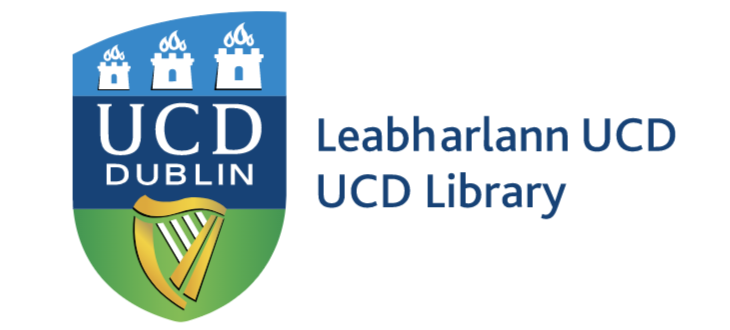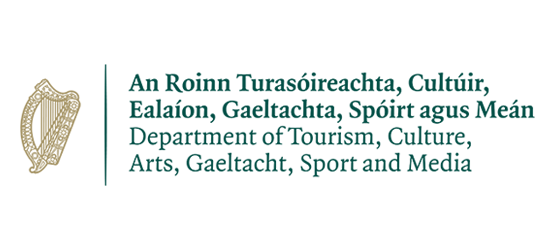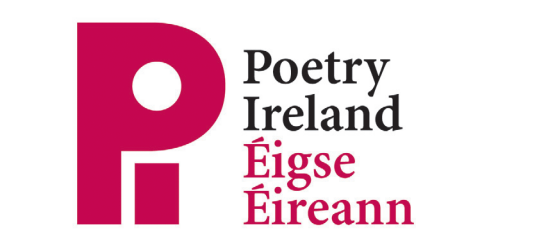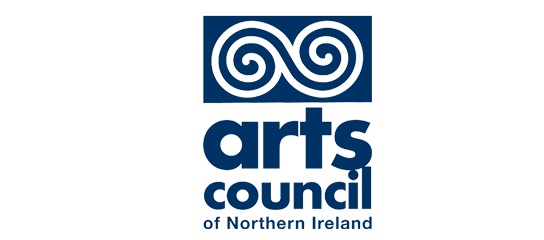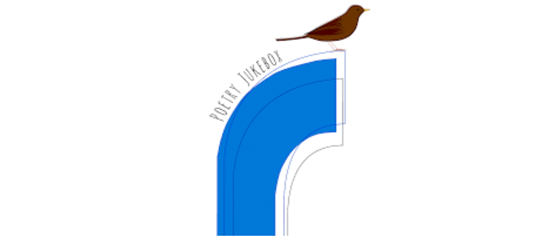Till Ferdia Came
by Alice Milligan
(Written during a time of civil strife in Ireland 1922-23)
We read it in that ancient tale,
The glory of the Northern Gael;
How young Cuchulainn’s single sword
Stemmed the advance of Connacht’s horde,
And one by one the champions fell
On Ulla’s border guarded well;
Battle he deemed a joyous game
Till to the ford Ferdia came.
For as he rested on his blade,
Waiting new contest, undismayed,
Counting the roll of vanquished proudly,
He heard a trumpet challenge loudly,
And from the invading army’s rank
A chief strode towards the river bank;
Cuchulainn’s hand shook on his sword
As Ferdia faced him at the ford.
Swift on his proud lips died the smile;
(‘Twas Maeve had planned this deed of guile)
The battle joy that fired his glance
Faded before the uplifted lance
Of Ferdia, his more than brother,
His comrade chosen before all other,
In many a feat of danger tried
And trusted, at Cuchulainn’s side
Since boyhood, when each martial sport
They learned at Scathach’s island fort.
Now to a strife, that was no game,
Against his friend Ferdia came.
Cuchulainn’s trust was not betrayed
Spite of the trap Queen Maeve had laid;
To recreant friendship all untender
He steeled his heart—our land’s defender
And, after contest long had sped,
He launched at last the gae-bold dread,
And stricken sore, Ferdia dying,
Clasped in the arms that slew was lying,
Whilst Ulster’s champion, bending low,
Uttered his grief in chant of woe,
“Oh, battle was a gladsome game
Till to the ford Ferdia came!”
And in these days of blood and tears
The words re-echo in my ears,
As many a comrade yields his life
To former friend in desperate strife;
I think of Collins in the West,
The life blood clotted on his breast:
And like enough the hand that slew him
Not long before pledged fealty to him,
With many another fighting man
Linked to the cause Republican;
And when through Dublin’s street they bore him,
Draping the flag of honour o’er him,
We mourned to think of other days:
His fearless feats, his merry ways.
‘Death was a jest, the fight a game
Till to the ford Ferdia came.’
My grief for Childers, Boland too,
And, oh, unconquered Cathal Brugha,
When reeling through the lurid flame
Still armed, defiant still you came
To fall where oft your speech had rung
In accents of our native tongue;
You shed your blood on Dublin street
Where oft, towards festive hall your feet
Had walked in happy company
With lads, who lived this sight to see.
A foreign mandate forced the game
Against Cuchulainn, Ferdia came.
Oh grief! of griefs beyond all other,
Two valiant sons of one fond mother;
Two brothers, pledged to Ireland’s righting,
In severed ranks were sternly fighting
In cause opposed: and yet—oh yet
Thank God for this—they had not met.
The deepest, darkest deed of all
Might have befallen—did not befall
Yet—Brian fell by hand of brother
(Some hapless son of Ireland—Mother)
Where battlemented mountains sweep
To end in famed Ben Bulben’s steep,
Where Angus raised his cries of woe
O’er the Fianna long ago!
Like Diarmuid wounded by the boar,
When Druid skill could not restore.
His mangled form they brought away
To lay it in Killbarrack’s clay,
And sundered kindred meet to kneel
Above the grave of Brian MacNeill.
As martyr some are praying o’er him;
No bitterer tears I deem were poured
O’er Ferdia at the Slaughter ford.
Oh brothers! Sons of one loved land,
Who to such combat armed each hand,
What cause of fury and of hate
Had either? By what mocking fate
Are ye, begirt with scornful foes,
Now locked in self-destructive throes,
Whilst they, in calm complacence jeering,
Wait our annihilation nearing;
Wishful that after all your toils,
Of Victory they will reap the spoils.
They tell us in that noble tale,
The glory of the Northern Gael,
When weary of the watch he’d kept
And wounded sore, Cuchulainn slept;
The youth of Erin glad, untired,
With hearts untamed, with hopes inspired,
Rose up against the invading foe.
As it was then it may be so
In these sad days of blood and tears.
Have faith—trust God for happier years,
For strength upheld, for peace restored
‘Twixt those who battle at the ford.
Poems by Alice Milligan. Ed. Henry Mangan. Dublin: Gill & Son Ltd., 1954. pp189-193
Published in December 1922

